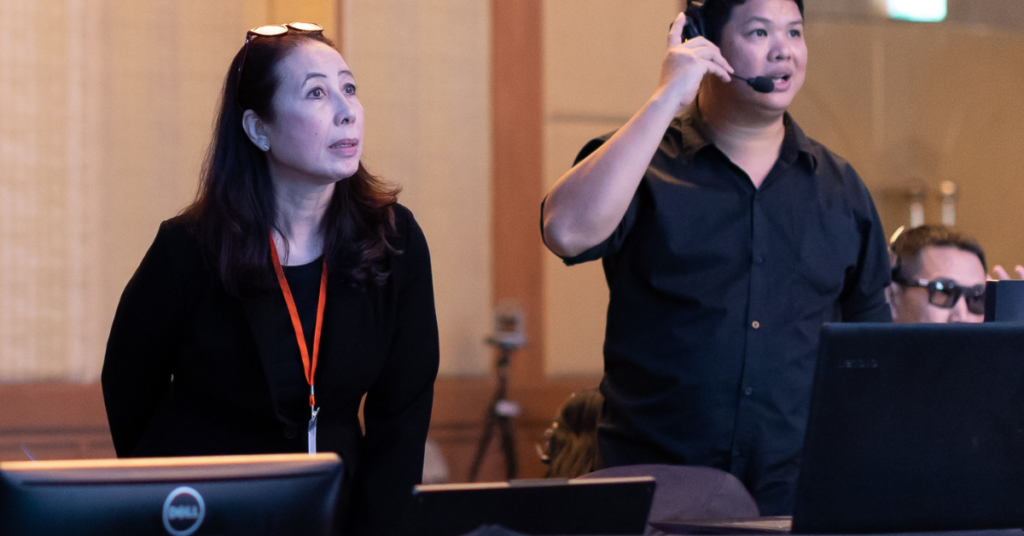An Insight on Establishing Trust in Business Events
Today, I want to share a personal insight about the importance of genuinely owning a client’s project as if it were yours. This has been invaluable in my career, and if you find it resonates with you, I’m glad to have shared it.
Owning a client’s project goes beyond just fulfilling a contract—it’s about immersing yourself in their vision and treating their goals as your own. This approach strengthens your relationship with the client and increases the likelihood of repeat business. And let’s face it, securing return business is gold. It saves you the cost and effort of constantly seeking new clients through trade shows, sales calls, and client visits.
When you truly own a client’s project, they can feel it. This isn’t something you can fake—it must come from a genuine place. Trust naturally follows when clients sense that you are invested in their success. They begin to see you not just as a service provider but as a reliable partner who has their back.
This trust becomes especially critical when things don’t go as planned or when challenges arise. An open line of communication is essential, and when you’ve built that trust, your client will know you’re working diligently to find solutions.
I recall one client we’ve worked with on multiple occasions, locally and internationally. This client trusted us so much that they asked me to conduct a site visit on their behalf for an upcoming international event. This was a significant responsibility, but given the trust we had established over several successful events, I felt confident in taking it on.
As I mentioned in a previous blog about site visits, a lot goes into planning one. Sometimes, you have to be upfront with clients about why specific venues or activities might not fit their event best. Making these decisions often requires consulting with your client and explaining why an alternative option might work better.
For example, one of our clients was considering a venue for a speakers’ dinner. It wasn’t just about the location or taste of the food. It goes beyond that —whether the venue was flexible, whether the staff were service-minded, and whether the manager was accommodating enough to handle last-minute requests. When clients engage us, they want to know they can rely on us to make recommendations that align with their vision. But it’s also important to recognise that not all your suggestions will be accepted, and that’s okay. There are often logistical or personal preferences, and understanding them is part of the process.
Conclusion:
Establishing trust is not just a nice-to-have in business events—it’s necessary. You create a partnership built on reliability and integrity by truly owning your client’s project as if it were your own. This approach ensures that you meet your client’s expectations and often exceed them, fostering a relationship that leads to repeat business and long-term success. Remember, trust is earned through consistent communication, transparency, and a genuine commitment to your client’s vision. As you continue to grow in your career, let trust be the cornerstone of every project you undertake. After all, a trusted event planner is a successful event planner.
Ready to Take Your Event Planning to the Next Level?
If you’re looking to build lasting relationships with your clients and secure repeat business, I’ve got just the resource for you. Download “The Trust-Building Toolkit for Event Planners: 5 Proven Strategies to Secure Repeat Business”and discover actionable insights that can transform your approach.




